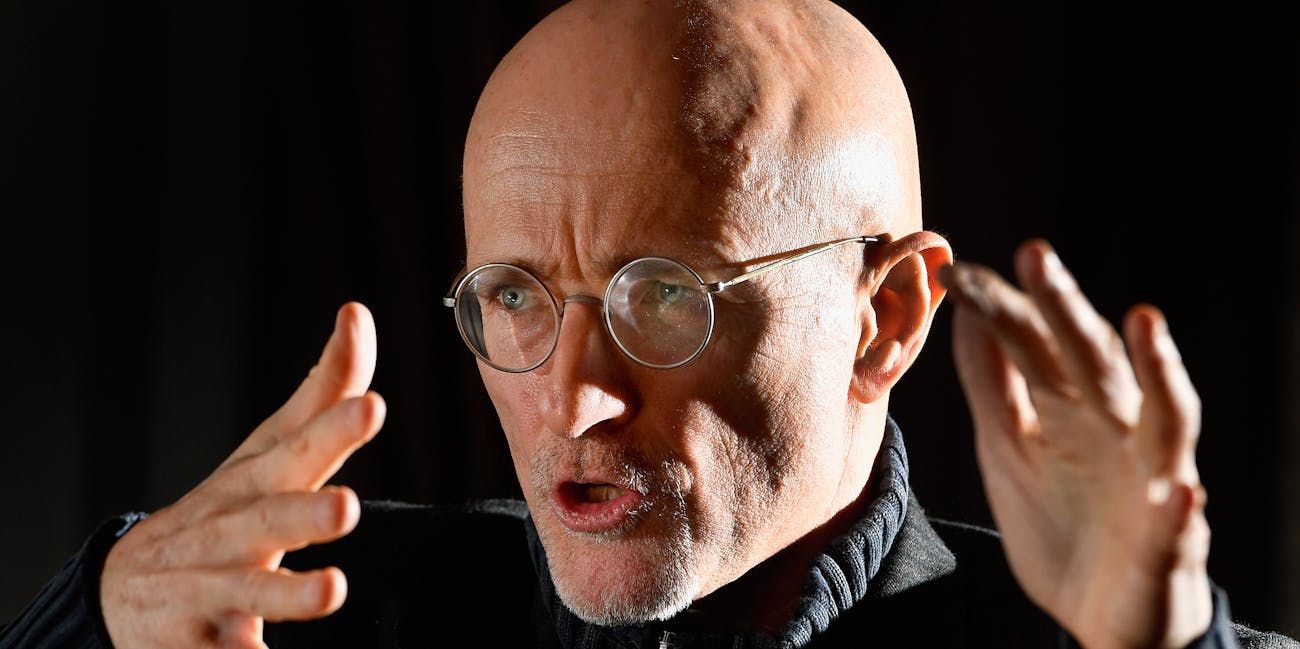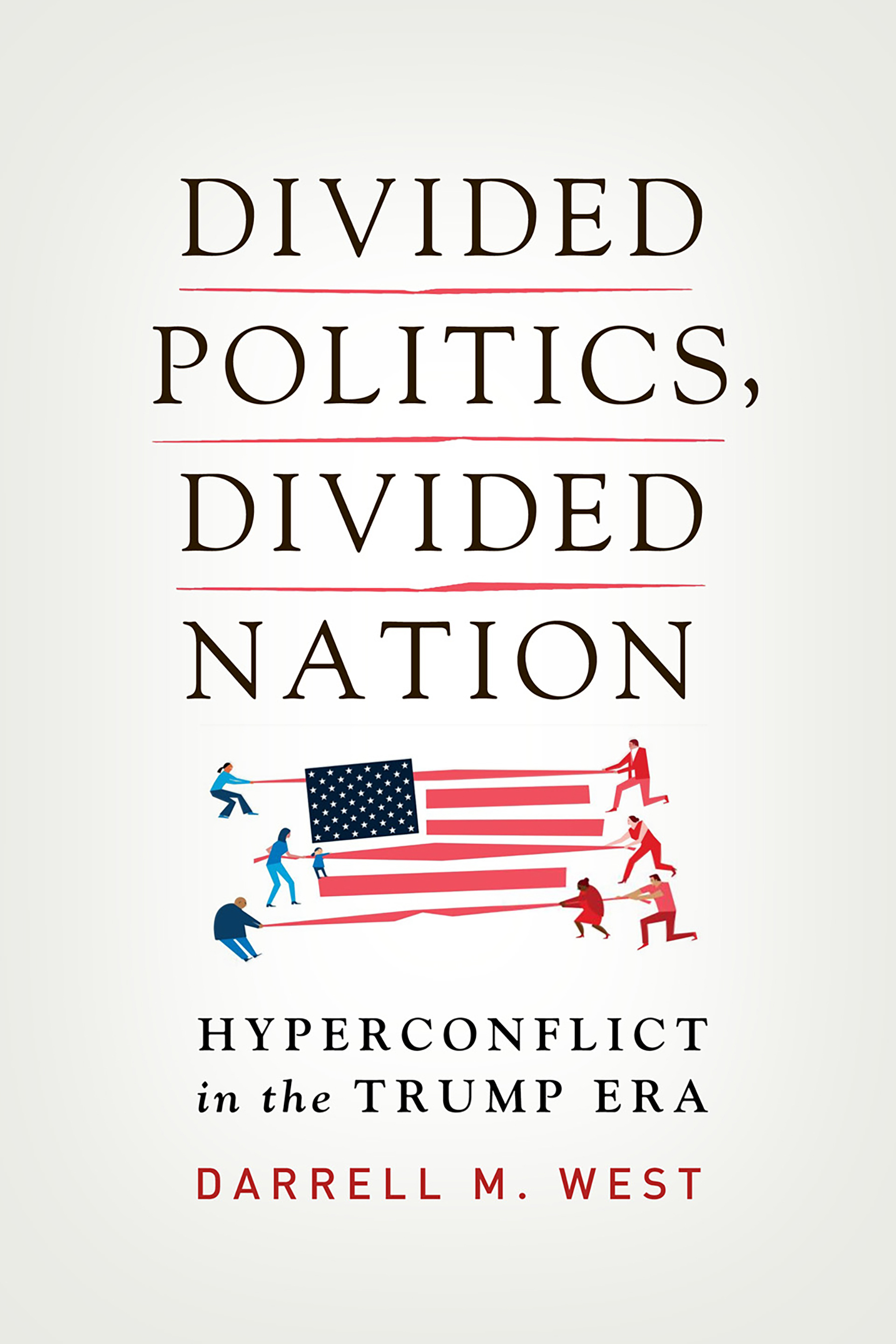EP 255 Is America on the Brink of a Second Civil War?
It is a provocative question and it’s being discussed by serious historians. Is the polarization in America the antecedent to a physical conflict that pits the red versus the blue, rather the blue and gray? First people look for a correlation between 1859 and the current era. A State Department official, Keith Mines, was reported to have said ‘it is like 1859, everyone is mad about something and everyone has a gun’. Yet others believe that if the cauldron that was boiling over in the 1960’s, between a raging overseas war, civil rights unrest and political assassinations wasn’t enough to tip us over into a hot civil war, this period won’t either. While some boldly say that the clock is ‘two minutes to Fort Sumter’, our guest, Ian Morris, a historian and archaeologist at Stanford University, tends to think the worst can be averted. We explore whether our current disunion could lead to an actual break-up of the country. It will get you thinking.
Podcast: Play in new window | Download









